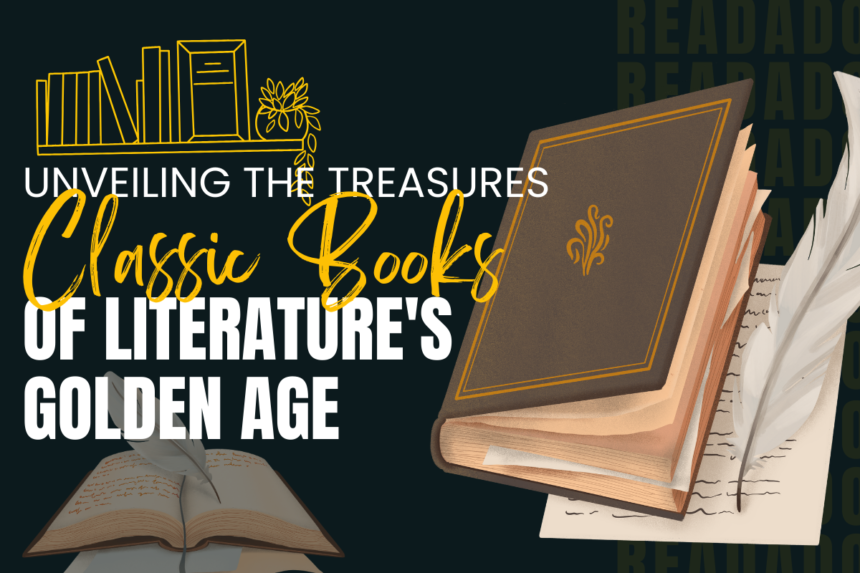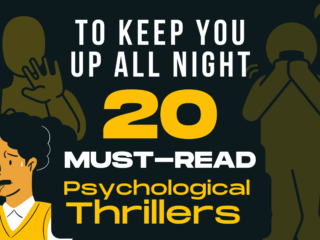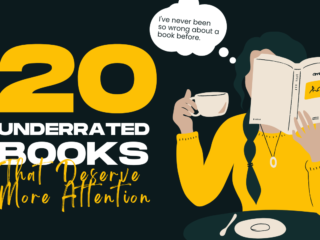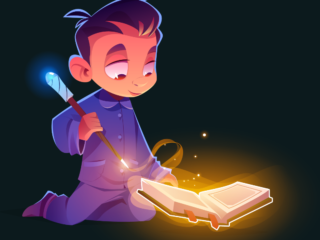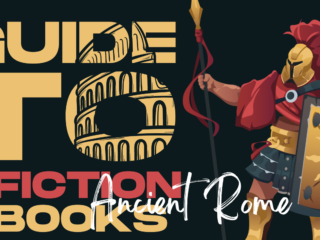Classic books are timeless treasures that have captivated readers for generations.
These enduring works of literature offer a window into different cultures, historical periods, and the complexities of human experience.
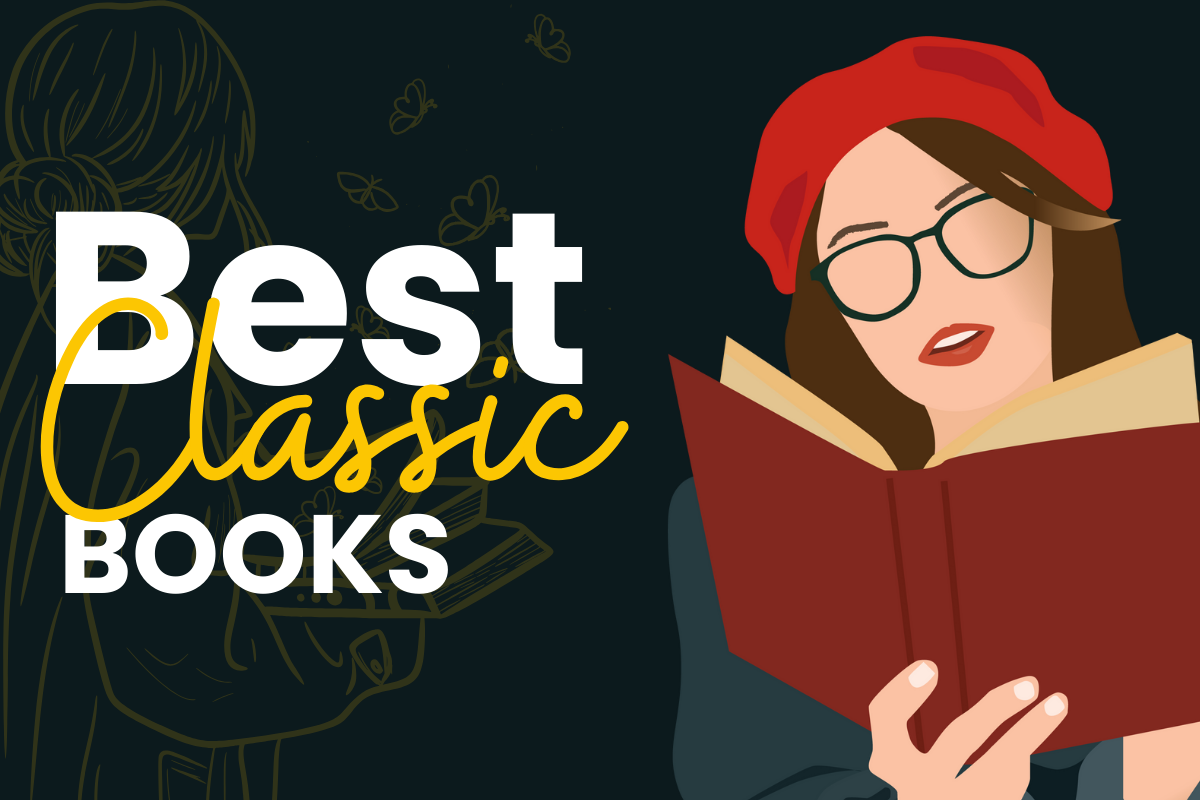
Whether it’s the poignant coming-of-age story in “To Kill a Mockingbird” or the thrilling adventures of “Moby Dick,” classic books have the power to transport us, educate us, and inspire us.
In this comprehensive guide, we’ll delve into the world of classic books, exploring their benefits, diverse genres, and tips for choosing and enjoying these literary gems.
Why Read Classic Books?

Reading classic books offers a multitude of benefits that extend far beyond mere entertainment.
Here are some reasons to embark on this enriching journey:
- Enhanced Knowledge: Classics often explore historical events, social issues, and philosophical concepts, providing valuable insights into the human condition.
- Develop Critical Thinking: Classic literature challenges readers to think critically about the characters, plot, and underlying themes.
- Improved Vocabulary: Exposure to classic writing enriches your vocabulary and strengthens your understanding of language.
- Timeless Themes: Classics deal with universal themes of love, loss, betrayal, redemption, and the search for meaning, remaining relevant across generations.
- Appreciation for Language: Classic authors are masters of storytelling, employing rich language and captivating prose that elevate the reading experience.
A Journey Through Classic Genres:
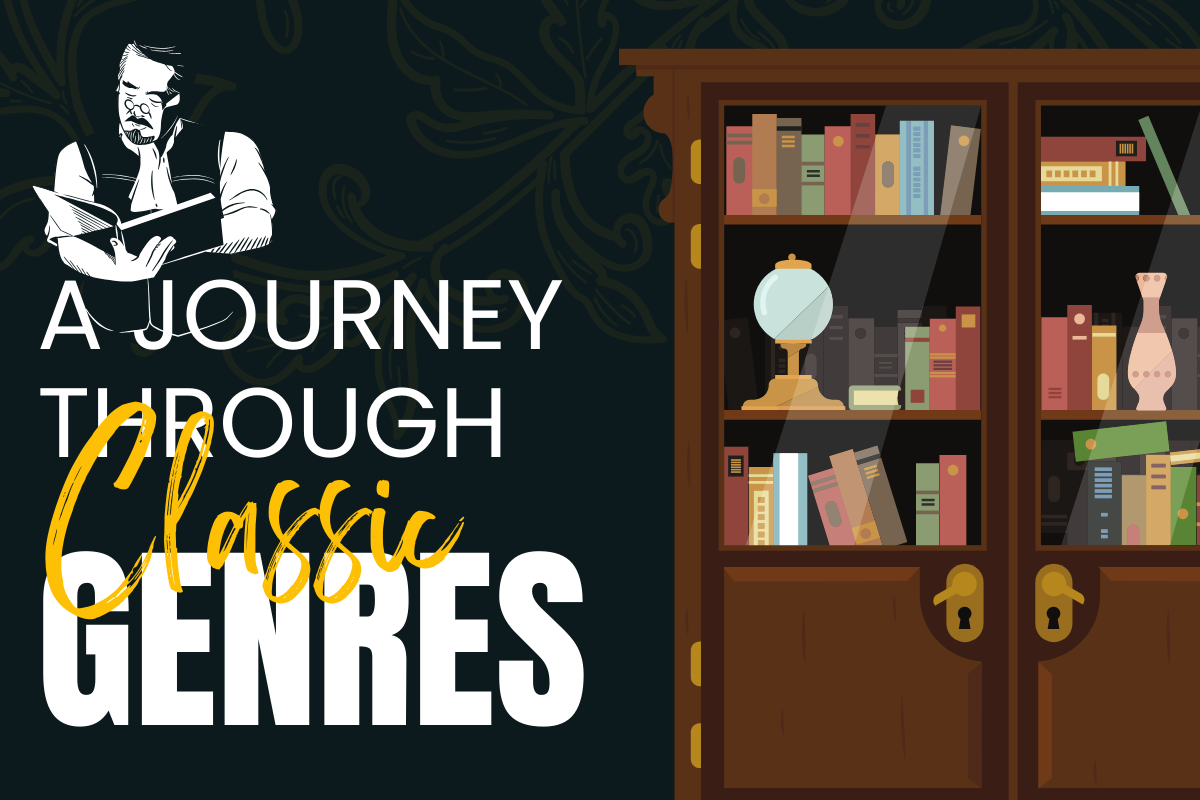
The world of classic books offers a diverse range of genres to cater to every reader’s taste. Let’s explore some of the most popular categories:
Fiction:
- Literary Fiction: These novels explore the complexities of human relationships, emotions, and psychology. Examples include “Pride and Prejudice” by Jane Austen and “Crime and Punishment” by Fyodor Dostoevsky.
- Historical Fiction: Immerse yourself in different historical periods with captivating narratives. Explore “War and Peace” by Leo Tolstoy for a sweeping saga of 19th-century Russia or “Les Misérables” by Victor Hugo for a glimpse into revolutionary France.
- Science Fiction: Classic sci-fi takes you on journeys to uncharted territories and explores the impact of technology. “Frankenstein” by Mary Shelley and “1984” by George Orwell are prime examples.
- Fantasy: Escape into fantastical worlds filled with magic, mythical creatures, and epic adventures. J.R.R. Tolkien’s “The Lord of the Rings” and C.S. Lewis’s “The Chronicles of Narnia” are timeless classics in this genre.
- Mystery: Unravel puzzles and chase after clues with classic whodunits. Sir Arthur Conan Doyle’s Sherlock Holmes series and Agatha Christie’s detective novels are some of the most celebrated examples.
You Can Read Also: Fiction Books to Read: Unveiling the Must-Read Gems of the Fiction World
Non-Fiction:
- Philosophy: Explore the works of great thinkers like Plato, Aristotle, and Confucius to gain a deeper understanding of life’s fundamental questions.
- History: Dive into historical accounts by renowned authors to learn about different eras and civilizations.
- Biography: Get insights into the lives of fascinating figures through captivating biographies.
- Poetry: Appreciate the beauty and power of language through the works of renowned poets like William Shakespeare, Maya Angelou, and William Wordsworth.
You can Read Also: Get Inspired: Best Nonfiction Books to Read Right Now!
Choosing the Right Classic for You
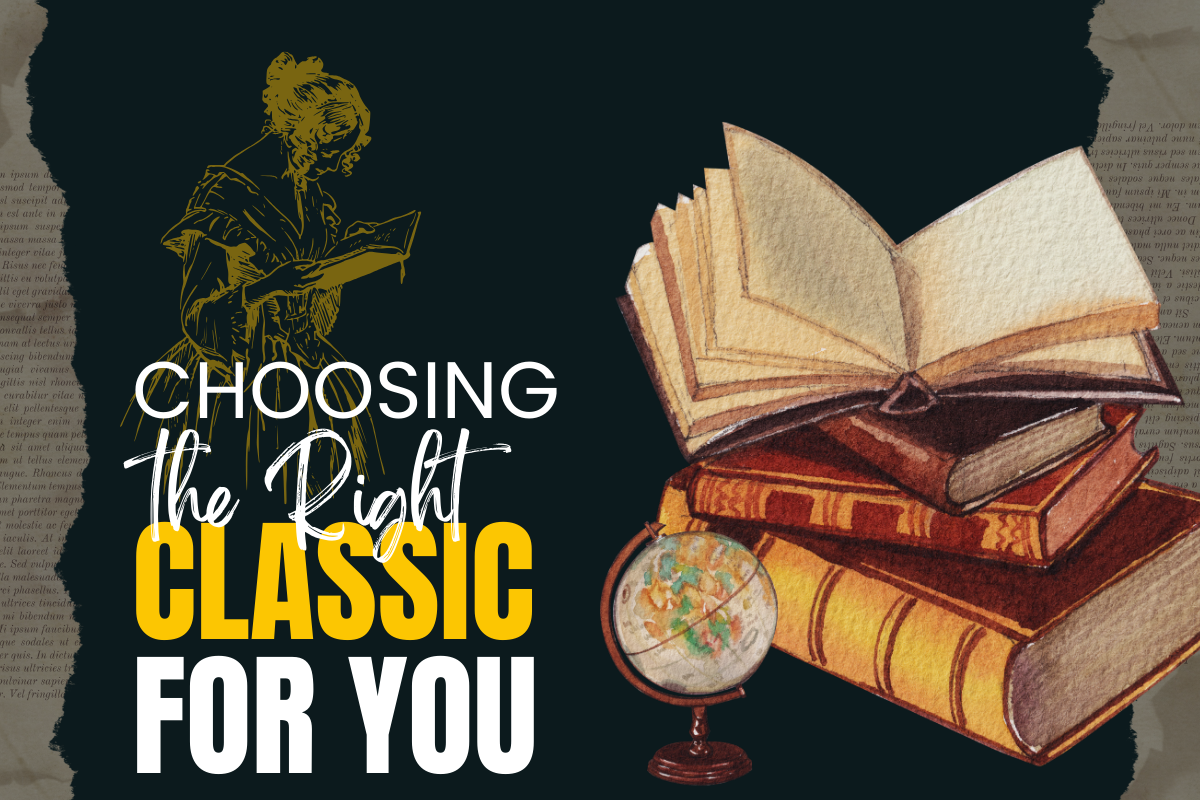
With so many options, choosing a classic book can feel overwhelming. Here are some tips to help you find the perfect fit:
- Consider your interests: Do you enjoy historical dramas, epic adventures, or thought-provoking philosophical essays? Browse within your preferred genre to find classics that pique your interest.
- Start with shorter works: If you’re new to classic literature, begin with shorter novels or novellas to ease yourself in.
- Read recommendations: Check online resources, library recommendations, or consult book reviews from trusted sources to find highly-rated classics.
- Don’t be afraid to experiment: Explore different genres and authors to discover your hidden favorites.
Tips for Reading and Enjoying Classic Books
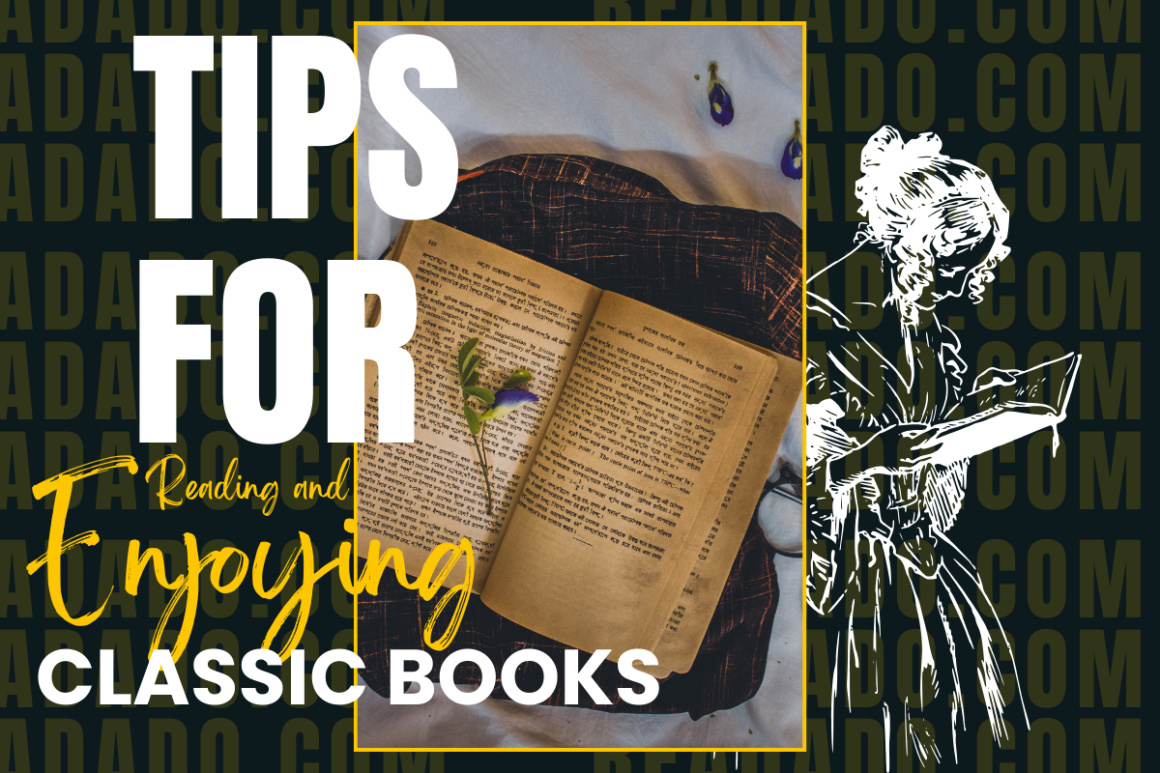
Classic books may differ from contemporary literature in terms of writing style and pacing. Here are some tips to enhance your reading experience:
- Set realistic expectations: Classic literature often takes a slower pace compared to modern novels. Embrace the richness of the language and savor the details.
- Use a dictionary: Don’t shy away from unfamiliar words. Utilize a dictionary to build your vocabulary and gain a deeper understanding of the text.
- Join a book club: Discussing the book with others can provide new perspectives and enrich your comprehension.
- Read online resources: Websites and articles offer analysis, character studies, and historical context that can illuminate the book’s deeper meaning.
- Find a comfortable reading environment: Minimize distractions and choose a quiet, well-lit space to fully immerse yourself in the story.
- Take breaks: Don’t feel pressured to finish the book in one sitting. Take breaks as needed to avoid fatigue and maintain focus.
- Most importantly, have fun!: Reading should be an enjoyable experience. If you’re struggling with a particular book, don’t hesitate to move on to another one.
FAQs About Classic Books
Q: Are classic books difficult to read?
A: The difficulty level of classic books varies. Some classics, like Jane Austen’s novels, are known for their accessible language, while others, like James Joyce’s “Ulysses,” are more challenging due to their complex style and symbolism.
Q: Are classic books outdated?
A: While the settings and social norms may differ from our contemporary world, classic books often explore timeless themes that remain relevant across generations.
Q: Where can I find classic books?
A: Your local library is a treasure trove of classic literature. You can also find affordable used and new copies online and in bookstores. Many classics are also available as audiobooks and ebooks.
Q: What are some resources for learning more about classic books?
A: Numerous online resources offer summaries, analyses, and historical contexts for classic books. Websites like Wikipedia, SparkNotes, and The Literary Network are good starting points.
Conclusion
The world of classic books offers a captivating journey through time, enriching our understanding of human experience, history, and language.
Whether you’re seeking intellectual stimulation, emotional resonance, or pure entertainment, classic literature has something for everyone.
So, dive into a classic today and embark on a literary adventure that will stay with you long after you turn the last page.
What are some of your favorite classic books?
Share your recommendations in the comments below!

